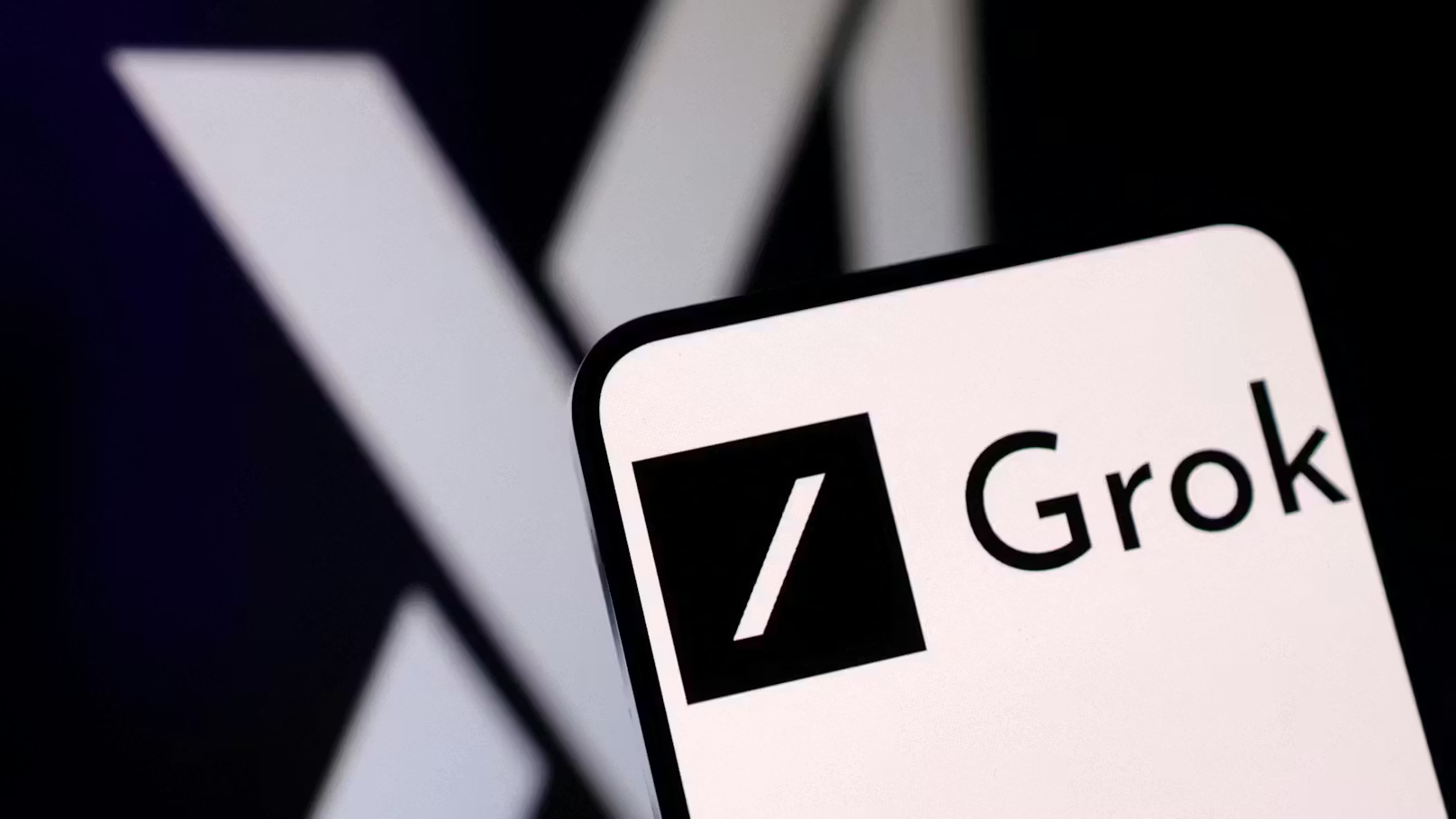Racing through a firefight when your frame rate suddenly tanks? Always-Online DRM might be the culprit, not your graphics card. This anti-piracy technology forces even single-player games to phone home constantly, creating a performance tax that legitimate buyers never signed up for.
While you’re dropping serious cash on the latest GPU, publishers are quietly throttling your experience in the name of protecting their profits. Your premium hardware investment gets undermined by background authentication processes that treat paying customers like potential criminals.
The Authentication Tax on Your Hardware
Always-Online DRM turns every game session into a background conversation with remote servers.
Behind the scenes, your game conducts constant conversations with publisher servers, encrypting and verifying every texture, character model, and sound file as you play. This continuous authentication process creates what industry insiders call a “DRM tax” on your CPU. CPU Benchmarks reveal performance penalties ranging from 5% to 30% in processor-intensive scenarios—exactly when you need every frame.
The worst hits occur during asset loading, meaning busy cityscapes or complex environments become stuttering messes despite your high-end rig running well within spec. Internal documents from major port houses reveal this isn’t a connection hiccup—it’s by design. Your system spends precious cycles validating content you already own instead of rendering smooth gameplay.
Think of it like having a suspicious security guard who demands to verify your membership card every time you grab something from your own locker.
When Paying Customers Become Second-Class Citizens
The cruelest irony is that pirates bypass these restrictions while legitimate buyers suffer.
Games like Assassin’s Creed II and Far Cry 3 became poster children for DRM gone wrong, with paying customers experiencing frequent crashes and unplayable performance. Drop your internet connection mid-session? Enjoy staring at an error screen while your single-player campaign becomes hostage to your ISP’s reliability.
Meanwhile, pirated versions strip out the DRM entirely, delivering the smooth experience that should be yours by right of purchase. The performance impact hits hardest during the moments that matter most—intense combat sequences with dozens of NPCs or exploration through detailed environments. Your RTX 4090 sits there underutilized while background authentication chokes your CPU threads.
The gaming community’s patience is wearing thin, demanding transparent DRM policies and offline modes. As hardware gets more powerful, the idea of artificial performance throttling becomes even more insulting. Publishers are slowly recognizing that turning paying customers into beta testers for intrusive DRM isn’t a sustainable business practice.




























